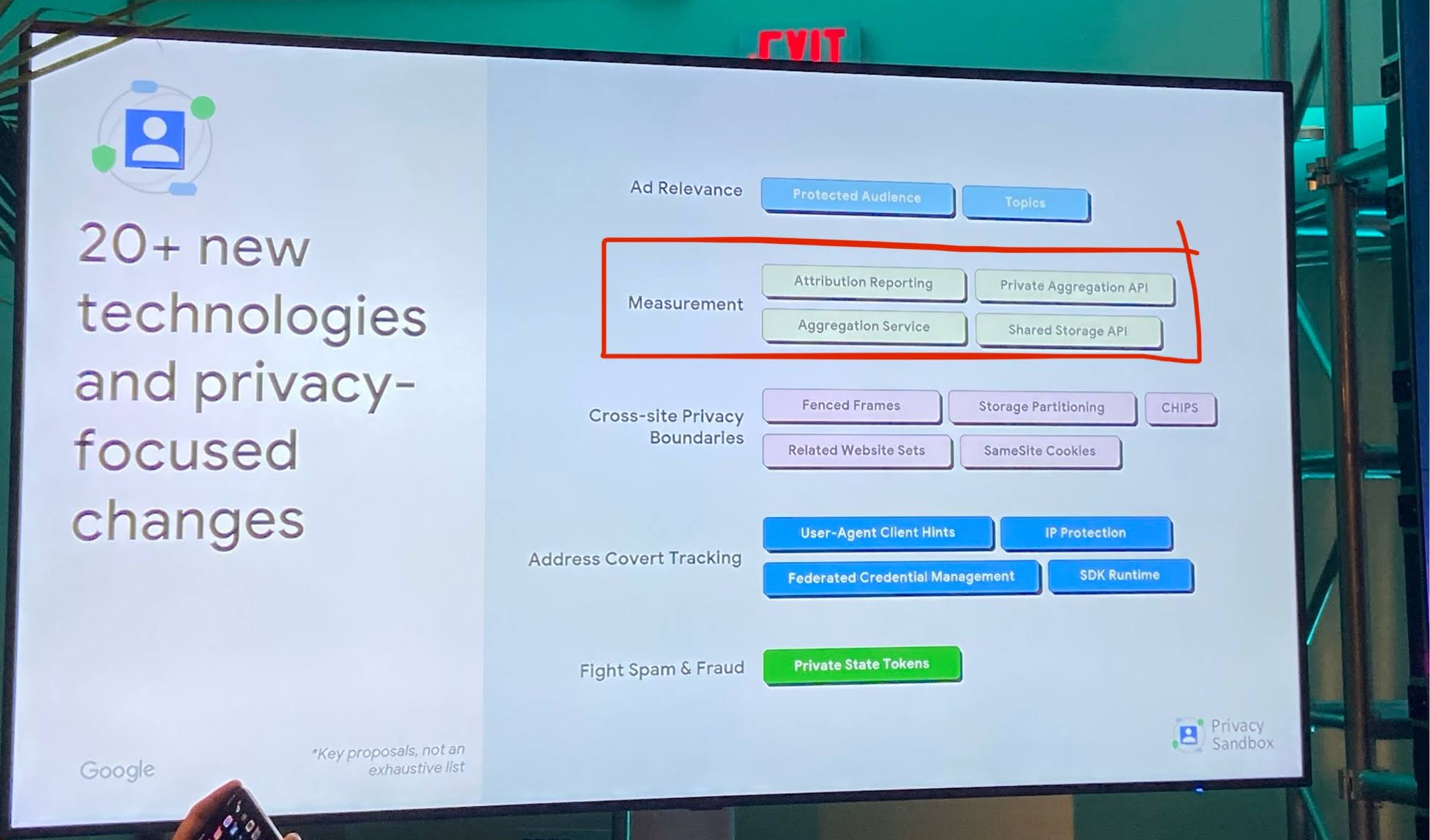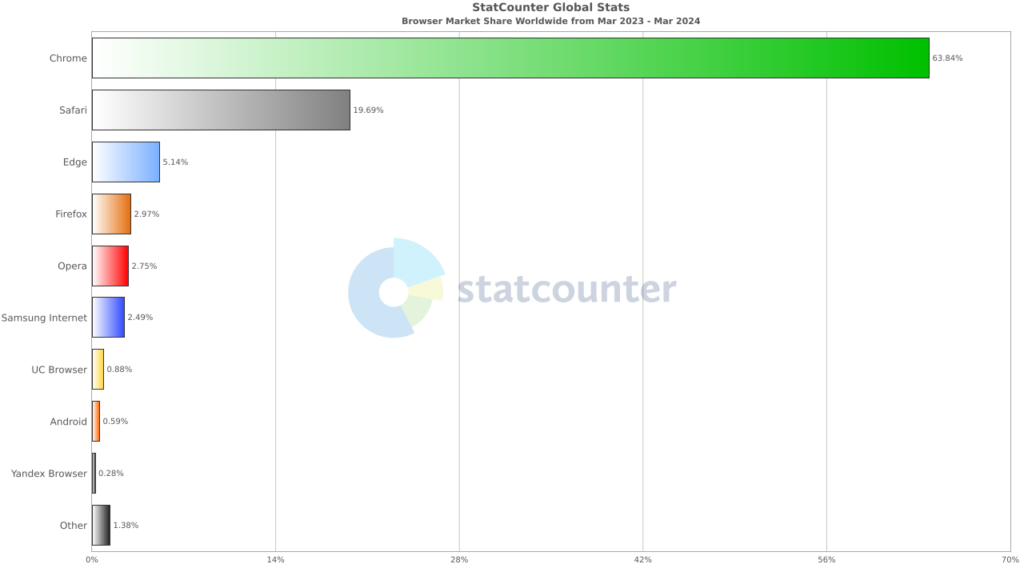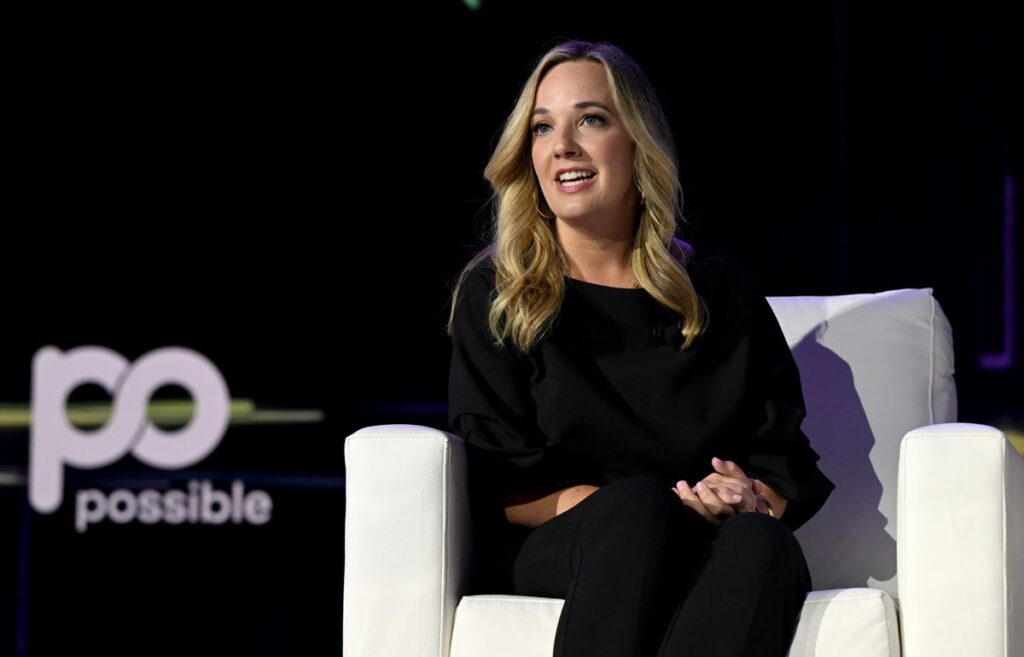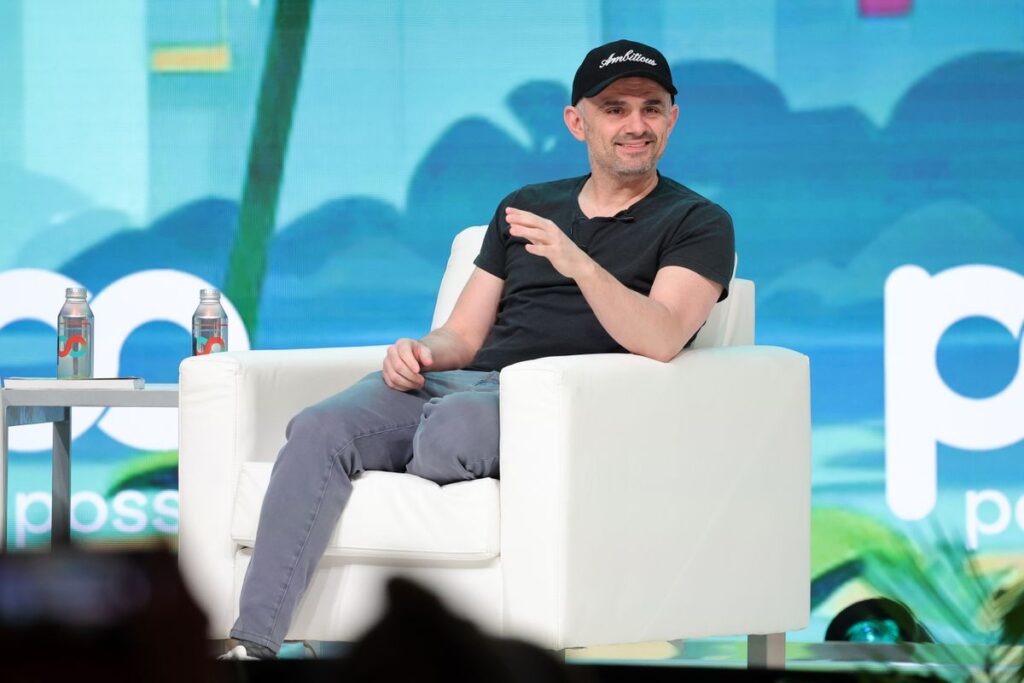POSSIBLE 2024 Highlights: Digital Marketing’s Today and Tomorrow

This week the wonderful Fontainebleau Miami Beach hotel played host to POSSIBLE 2024, an emerging digital marketing conference delving into the latest trends. This marked the event’s second iteration, drawing a diverse array of speakers and vendors on the digital marketing front – martech & adtech, to brand building, culture, AI, social, to measurement analytics.
As a Google Partners, we were naturally keen on hearing what the Google team would share in their presentations. While no new reveals happened, there are three highlights I think are worth sharing.
Notable Highlight #1 (Google Team) : 3rd-party-cookies deprecation (3PCD)

One could argue that privacy concerns has been the a prominent theme for anyone working with Google marketing tools during the last few years. The Privacy Sandbox, a term referring to a set of proposals from Google to address modern privacy issues and often linked to third-party cookies, has been top of mind for all digital advertisers.
Not surprisingly, Google’s theme in this conference revolved around the impending deprecation of third-party cookies (3PCD) and the importance of 1st-party data.
Considering the ubiquitous use of cookies in the digital realm, the buzz surrounding the departure of third-party cookies can be confusing. For many who don’t understand it can also be quite concerning.
It’s fair to clarify that this topic is specific to Chrome, other browsers like Safari have had more restrictive third-party cookie policies for years. The reason why this is getting so much attention is because (a) Chrome browser has a bigger share than all other browsers combined and (b) there are forces at play (EU regulations) that will likely see this change executed in 2024.

Conceptually, what is happening to Chrome and 3-party cookies (in simple terms)?
For those not deep in the martech / adtech domains, the concept boils down to a simple premise: the transition from cookies to a more secure alternative technology embedded in the browser.
Third-party cookies is what advertisers rely on to create relevancy between the ads and the user and understand performance – foundational concepts in digital marketing. However, when a service sets a third-party cookie in Chrome, the cookie can be read and used by a wide range of 3rd parties, posing significant privacy concerns due to its unfettered accessibility.
The oncoming change will include updates to the Chrome browsers to facilitate a similar function to the cookies used to create relevancy between ads and users, but in using embedded APIs in a way that ensures a more guarded approach to user-data access.
So what am I supposed to do regarding 3PCD?
Regarding 3PCD, at this stage you’re probably doing what you need to do – hopefully. That is, if you’re not doing anything, you probably don’t have to.
Most relevant Adtech providers have been working with Google for some years now. Media agencies are likely having conversations with clients regarding a possible change in trends. And as an end user, I am hopeful the balance of privacy and relevancy will be stricken.
Notable Highlight #2 (Google Team) : YouTube Shorts
Abigail Posner, Director, US Creative Works and Vinny Rinaldi, Head of Media & Analytics for The Hershey Company took the stage to share thoughts about their social media campaign on YouTube for Reese’s chocolates last Halloween.
The campaign, which involved the Reese’s team reaching out to influencers to set a dancing trend via YouTube was a success. A notable piece of information Google shared was that, unlike TikTok and Instagram, YouTube shorts are often successful as they are a gateway to longer content in the platform.
In that sense, creating strategies that combine both short and long content (at least in YouTube), came as notable insight.
Notable Highlight 3: 1st Party Data
During the event, there were quite a few talks that really highlighted the importance of first-party data. In one session, Seth Dallaire, Walmart’s Executive Vice President and Chief Revenue Officer, gave a talk that shed some light on how crucial first-party data is for their business strategy.

Most brands have been shifting gears (or at least planning) to make first-party data the heart of their marketing game plan. Seth shared some impactful ideas during his speech that I believe are share-worthy.
First off, when brands collect data from customers, there has to be something in it for the customer too – there is an expectation of value from the customer. Secondly, customers want to know what’s happening with their personal information – transparency is key.
So, if brands want to make the most of first-party data, they have to keep two things in mind: making it evident at how they provide value with the collected data, and making sure their data’s in safe hands.
Overall, how was POSSIBLE 2024?
Overall, I think the event was fantastic. Of course there were many topics covered including brand building, strategy, AI, social, and inspirational topics. That said, I basically measure the success if I leave the event inspired and with new ideas. And I did.
Also, look at the even venue and the weather. What am I supposed to say? No? YES! I’d like to go back if I get the chance 🙂







You can find the photo collection of the event here.

